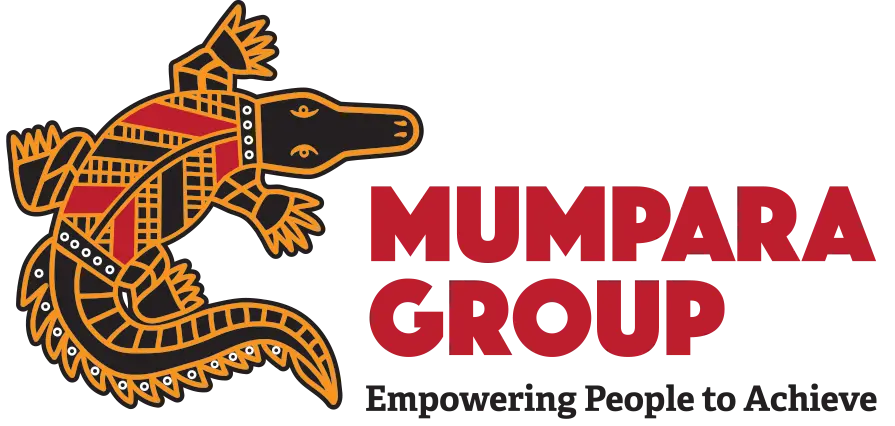For years, my passion has been fueled by the profound respect I hold for Indigenous cultures and their rich repository of knowledge, which are steeped in wisdom and tradition. Aboriginal and Torres Strait Islander cultures serve as the bedrock of education, imparting invaluable teachings and lore.
But you might be wondering, how does this tie into employment? Allow me to explain.
We’re all on a journey of learning, whether it’s through self-help books, attending conferences, or acquiring new licenses and certifications. And within this framework of continuous learning, the seamless integration of modern employment practices with Indigenous culture and lore is evident.
While training is a standard part of the employment lifecycle, I believe knowledge transfer is equally essential. It’s a process through which Aboriginal and Torres Strait Islander people impart their invaluable culture and practices to us.
By fostering an inclusive environment that promotes cultural learning across our projects, we can adapt and thrive in the workplace. With the right support, guidance, and understanding from both sides, we can break the cycle of generational welfare that has affected Indigenous communities.
Reflecting on the landscape over the years, I’ve witnessed a positive shift towards greater Indigenous participation in business. However, there’s still more we can do to bridge the gap between successful Indigenous enterprises and those striving to overcome barriers to success.
Cultural Integration in Employment
Knowledge transfer is a catalyst for empowerment, igniting a thirst for knowledge and growth. When integrated into Indigenous employment programs, it leads to higher employment, retention, and satisfaction rates among employees.
But knowledge transfer isn’t just about training—it’s about embracing Indigenous employees and their culture. By engaging Traditional Owners in the employment process, projects become deeply rooted in cultural practices, fostering a stronger connection beyond commercial outcomes.
Breaking down historical barriers to Indigenous employment isn’t easy, but it’s achievable through commitment and cultural change at all levels of business. I recently had the privilege of speaking with a colleague who successfully drove cultural change within his organisation. This led to increased Indigenous engagement across projects.
This acceptance of knowledge transfer is pivotal in creating entry-level employment opportunities for Aboriginal and Torres Strait Islander people. It empowers them to overcome legacy issues and engage fully in the workforce, both physically and spiritually.
Reflecting on past experiences, such as my involvement in a remote housing program, underscores the transformative power of knowledge transfer. Over five years, the project employed over 750 Indigenous workers, with significant cultural exchange occurring across the workforce.
I’m grateful for the Indigenous leaders and Traditional Owners who have enriched my journey with their wisdom. Only by striving for a greater understanding and appreciation of Indigenous knowledge can we truly succeed in creating lasting change.
Ready to take the next step in embracing Indigenous knowledge and fostering lasting change? Join forces with Mumpara Group to make a meaningful difference in Indigenous communities and workplaces. Reach out to us today to explore partnership opportunities.




